Dog Training: The Dominance Myth
Los Angeles Dog Trainer Aims To Change Public Perception Of Dog Training
PRESS RELEASE (February 26, 2018) - Leash reactive dogs—dogs that bark and lunge aggressively at other dogs or people while on a leash—have become an epidemic in Los Angeles. It’s almost impossible to walk down the street without seeing multiple dog owners struggling to restrain their dog as it spirals out of control at the end of the leash.
“It’s the most common behavior problem dog owners face living in a big city,” says professional dog trainer, Alexandra Bassett, owner of Dog Savvy Los Angeles, a dog training company based in Los Angeles. “It’s a vicious cycle because dog owners want to take their dog for a walk, but the reactivity only escalates if it goes untreated, so daily excursions that trigger the behavior only make it worse.”
Most modern dog trainers and behaviorists agree that leash reactivity is a compound problem that can result from a variety of factors including a lack of early socialization, pent-up stress from a lack of mental and physical stimulation, and misunderstandings about dog behavior in general due to the perpetuation of the dominance myth.
The Pack Leader Theory: The Myth Of Dominance
The dominance myth is perhaps one of the biggest culprits for why leash reactivity develops. Dominance is a concept that continues to be misused and misunderstood by dog trainers who believe that we are in a constant battle with dogs over who is the "alpha" or the "top dog."
“The current reality is that many behavioral issues that are rooted in fear and insecurity are being misdiagnosed as "dominance" issues, creating the potential for some extremely dangerous consequences,” says renowned dog trainer Victoria Stilwell. “Punishment-based methods like choke collar corrections, the use of shock collars, and alpha rolls are dangerous, ineffective, and in my opinion, the primary reason why we are seeing more aggressive dogs.”
Though the dominance myth has been debunked by science and denounced by the scientist who popularized the theory, it still has a stronghold in popular culture due to the impact of The Dog Whisperer, a show that widely promoted the “pack leader theory” to explain the dog training techniques it promoted.
“Since a dog’s primary sense is that of smell, they need to smell things in order to collect data about the world around them and to feel fulfilled as a canine,” continues Alexandra. “Unfortunately, the pack lead theory promotes keeping a dog on a short leash and not allowing them to sniff around on walks. However, disallowing a dog its’ primary way of taking in information about the world around them is often the very reason why dogs become more and more reactive in the first place.”
Alexandra started Dog Savvy Los Angeles in the hopes of helping more dog owners to rehabilitate their dog’s leash reactive behavior. Her company promotes using positive dog training methodologies along with behavioral management plans to reduce and eliminate leash-reactive behaviors in dogs.
“Dog owners are often at their wit’s end when they finally decide to get training,” says Alexandra. “They can’t walk their dogs anymore but obviously don’t want to give up on them, so they come to me for help. It can be a challenge to change their minds about the dominance myth, but when my approach provides more immediate results, they get on board pretty quickly.”
Dog Savvy Los Angeles specializes in solving problem dog behaviors like leash reactivity and offers private, in-home dog training services to the greater Los Angeles metro area.
—END—
Expert dog trainer Alexandra Bassett is the owner and lead trainer at Dog Savvy Los Angeles, a Los Angeles dog training company that specializes in positive dog training and solving problem dog behavior like dog separation anxiety, leash reactivity, and aggression. She is certified as Knowledge Assessed by the Council of Professional Dog Trainers (CPDT-KA) and is available for online dog training sessions via Skype.
